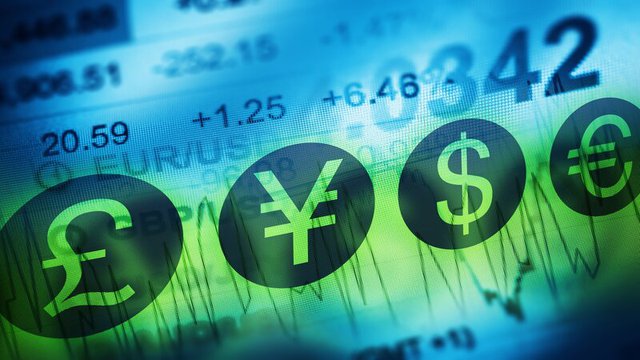

The world of finance is a complex and dynamic one, with various markets serving different purposes. Among these, the foreign exchange market, commonly referred to as Forex or FX, plays a pivotal role. In this blog post, we will explore the basics of the foreign exchange market, its purpose, highlight some of the most well-known ones, and discuss what it takes to work in this sector such as studying a master in Financial Management or a master of Business Economics at Universidad Europea.
At its core, a foreign exchange market is a global decentralised or over-the-counter (OTC) marketplace where participants trade currencies. In simpler terms, it's the place where one country's currency is exchanged for another's. This market operates 24 hours a day, five days a week, allowing for continuous trading across different time zones.
The primary purpose of the foreign exchange market is to facilitate international trade and investment. When businesses and individuals engage in international transactions, they often need to exchange one currency for another. This market enables them to do so, ensuring the smooth flow of goods, services, and capital across borders.
There are four principle financial activities that take place on a financial exchange market. They are:
There are different foreign exchange markets that exist, each one slightly different from the other and that has its own unique purpose. In this section, we’ll look at the most well-known markets that companies trade on.
Working in the foreign exchange market sector requires a deep understanding of financial markets, economics, and currency dynamics. Some of the knowledge you’ll need includes:
At Universidad Europea, we have a wide portfolio of Business and Technology Degrees to choose from and learn some of the key skills needed to work in the financial sector across the global. With an international focus, designing to allow you to enjoy global careers, you will have the chance to study at one of our partner institutions and take part in work experience and internships at large organisations operating in the financial sector. Our degree programmes include the Bachelor in Business Administration, International Business Degree, Double Degree in International Business + International Relations, and the Degree in Economics. If you are looking for a postgraduate programme, we also offer a wide portfolio of Business and Technology Master Degrees.